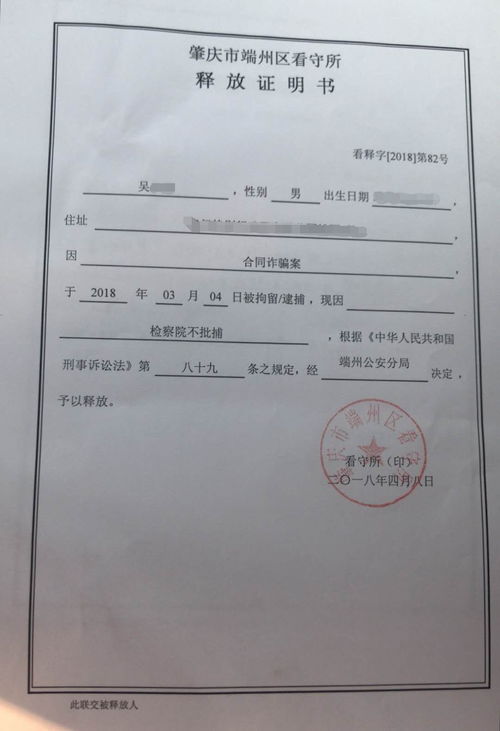交通违章查询入口官网
Certainly! Here's a structured outline for your thesis proposal on the topic of "Traffic Violation Query Websites":
Title:
Exploring Traffic Violation Query Websites: Methods, Implications, and Expected Outcomes
Introduction:
In the contemporary digital era, the accessibility and utilization of online platforms have significantly transformed the way individuals interact with legal and administrative procedures, notably in the context of traffic violations. Traffic violation query websites have emerged as pivotal tools that provide public access to pertinent information regarding traffic infractions. This study aims to investigate the methodologies, implications, and anticipated outcomes associated with these platforms.
Objectives:
1.
To analyze the functionality and operational mechanisms of traffic violation query websites.
2.
To evaluate the effectiveness of these platforms in enhancing public awareness and compliance with traffic laws.
3.
To assess the impact of traffic violation query websites on administrative efficiency and transparency.
4.
To propose recommendations for optimizing the usability and accessibility of these platforms.
Significance of the Study:

Understanding the role of traffic violation query websites is crucial for both academic discourse and practical implementation within regulatory bodies and law enforcement agencies. By elucidating their impact on public engagement and regulatory compliance, this research seeks to contribute valuable insights into the ongoing evolution of digital tools in governance and public administration.
Methodology:
1. Literature Review:
Conduct a comprehensive review of existing literature on traffic violation query websites, focusing on their development, functionalities, and impacts.
2. Case Study Analysis:
Select representative traffic violation query websites and analyze their operational framework, user interface, and data accessibility.
Evaluate user feedback and engagement metrics to gauge effectiveness.
3. Quantitative Analysis:
Collect quantitative data on user traffic and query patterns from selected websites.
Utilize statistical methods to analyze trends and correlations between platform usage and compliance rates.
4. Qualitative Interviews:
Conduct interviews with stakeholders including website developers, law enforcement officials, and users to gather insights into user experience, challenges, and suggestions for improvement.
Expected Results:
Based on the research findings, it is anticipated that traffic violation query websites contribute positively to:
Increased public awareness
of traffic laws and regulations.
Improved transparency
in law enforcement practices.
Enhanced efficiency
in administrative processes related to traffic violations.Conclusion:
This study seeks to provide a comprehensive analysis of traffic violation query websites, highlighting their significance in modern governance and public service delivery. By identifying strengths, weaknesses, and opportunities for enhancement, this research aims to inform policy makers and practitioners on strategies for leveraging digital platforms to promote public safety and regulatory compliance.
This proposal outlines a structured approach to investigating the functionalities, implications, and anticipated outcomes of traffic violation query websites, ensuring relevance and rigor for both academic and industry stakeholders.











